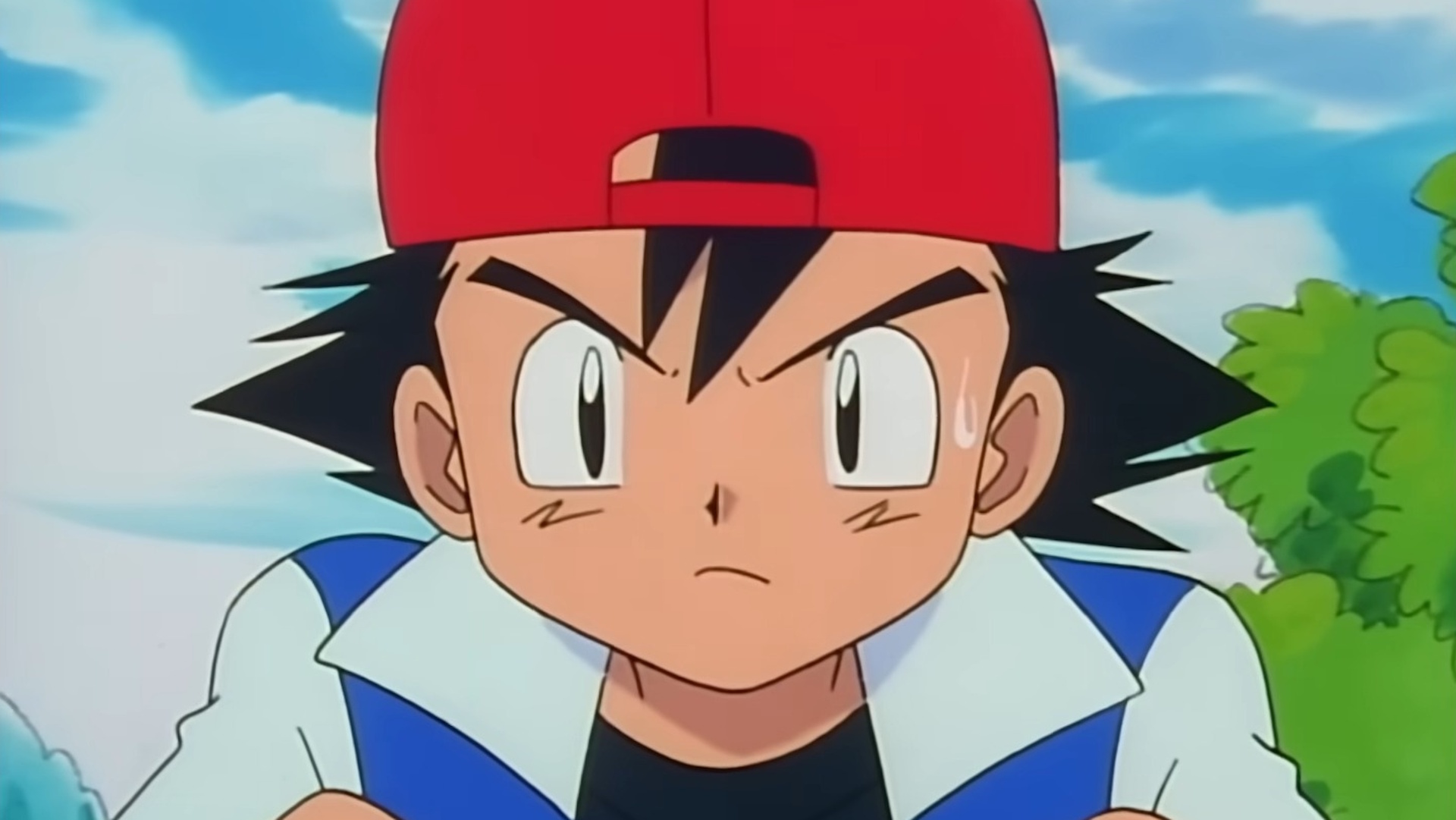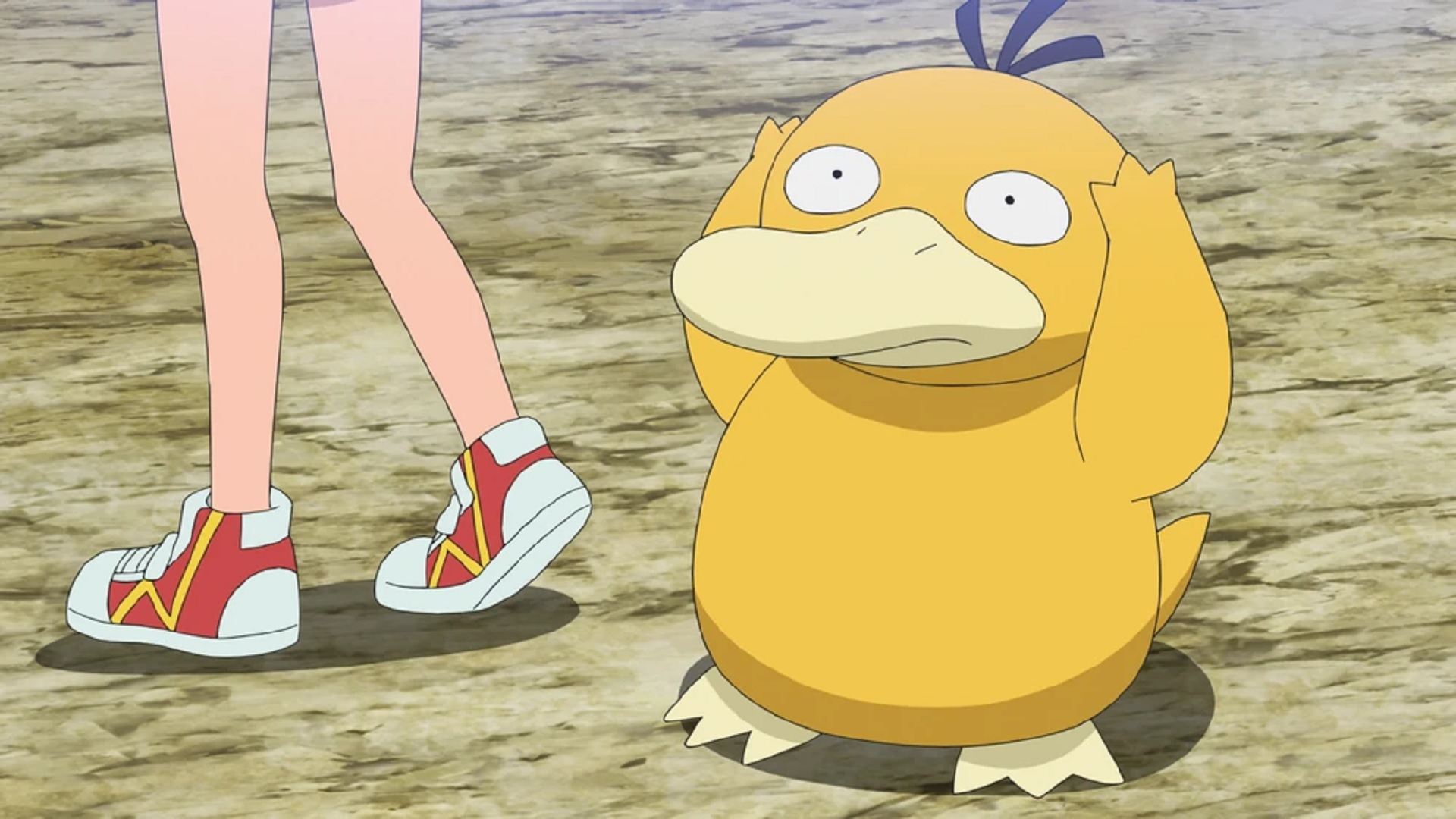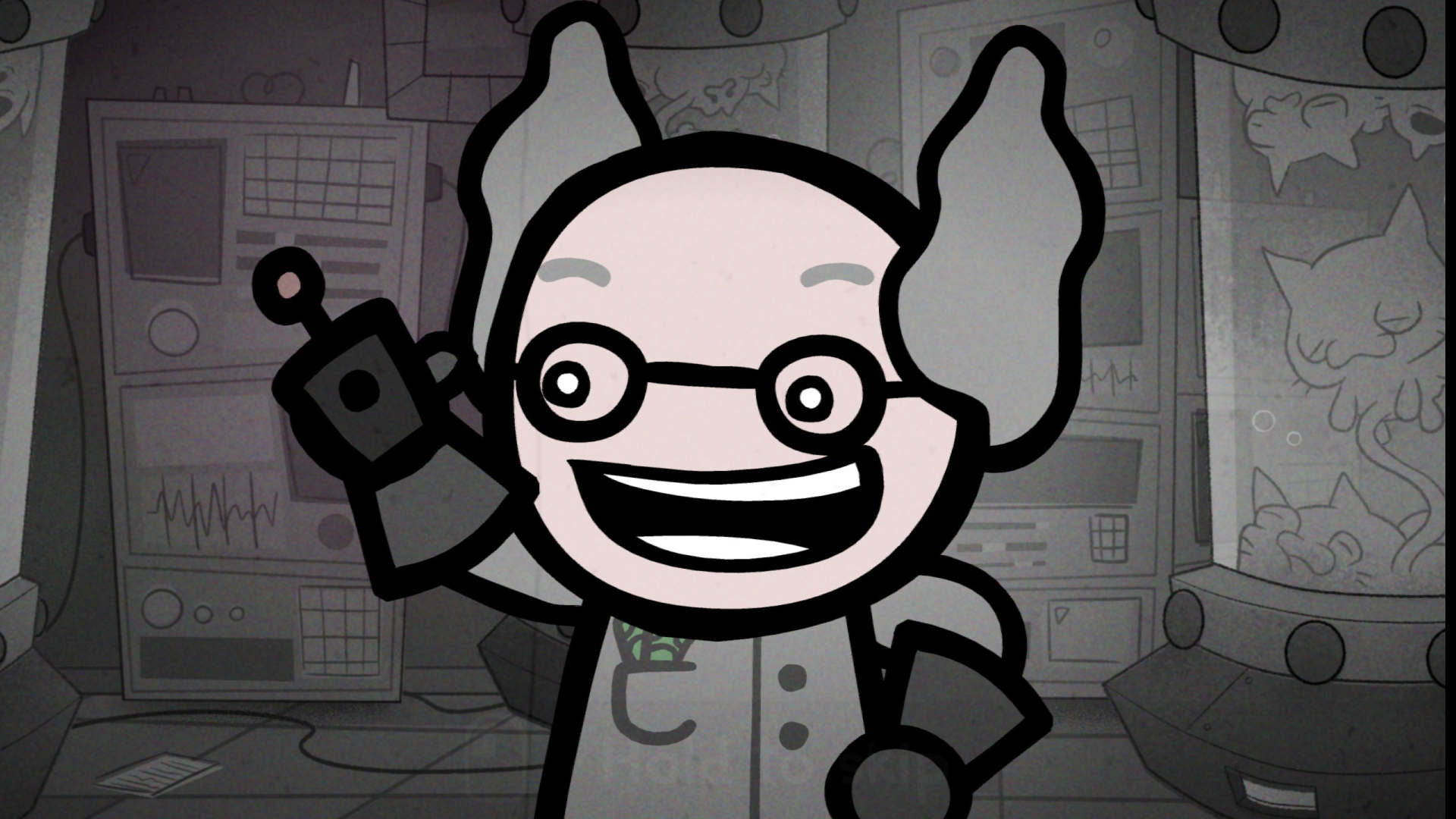"This Nintendo patent was apparently granted without a patent examiner looking at a single game": IP expert says concerns "hundreds of games" could be affected by Pokemon summoning patent granted amid Palworld lawsuit are "valid"
The patent is, in fact, bad news, expert argues

Weekly digests, tales from the communities you love, and more
You are now subscribed
Your newsletter sign-up was successful
Want to add more newsletters?

Every Friday
GamesRadar+
Your weekly update on everything you could ever want to know about the games you already love, games we know you're going to love in the near future, and tales from the communities that surround them.

Every Thursday
GTA 6 O'clock
Our special GTA 6 newsletter, with breaking news, insider info, and rumor analysis from the award-winning GTA 6 O'clock experts.

Every Friday
Knowledge
From the creators of Edge: A weekly videogame industry newsletter with analysis from expert writers, guidance from professionals, and insight into what's on the horizon.

Every Thursday
The Setup
Hardware nerds unite, sign up to our free tech newsletter for a weekly digest of the hottest new tech, the latest gadgets on the test bench, and much more.

Every Wednesday
Switch 2 Spotlight
Sign up to our new Switch 2 newsletter, where we bring you the latest talking points on Nintendo's new console each week, bring you up to date on the news, and recommend what games to play.

Every Saturday
The Watchlist
Subscribe for a weekly digest of the movie and TV news that matters, direct to your inbox. From first-look trailers, interviews, reviews and explainers, we've got you covered.

Once a month
SFX
Get sneak previews, exclusive competitions and details of special events each month!
Vetting the reported dangers of a US patent recently granted to Nintendo regarding game and summoning mechanics tied up in Pokemon, IP expert and games industry veteran Florian Mueller reckons the overbroad patent was approved almost entirely uncritically precisely because no other games were evaluated by the examiner.
Legal and game experts have questioned how this patent, US 12,403,397, which presents potential conflicts with countless games where a player character summons the described "sub characters" in battle, was approved when so many games that predate it show that such mechanics are not uncommon. Mueller, reviewing the examiner's references and searches alongside Nintendo's own disclosures (which point to a page on the Pokemon website), suggests those games were never even considered.
"This Nintendo patent was apparently granted without a patent examiner looking at a single game," he writes in a recent article on games fray.
Mueller targeted some interpretations of the patent – widely excoriated by folks like video game patent lawyer Kirk Sigmon (per PC Gamer) as "an embarrassing failure of the US patent system" – which suggested that it could be easily invalidated if push came to shove.

"Invalidation is easier said than done," Mueller counters. He goes on to interrogate how and why examinations may pass over important references in a situation like this, most notably prior art, and why invalidations that may seem obvious to some observers – like a "Person of Ordinary Skill in the Art," as Sigmon said, meaning someone with basic working knowledge of the field – may not be a silver bullet in actual legal challenges.
"We mentioned that the United States Patent and Trademark Office (USPTO) has recently made it more difficult to challenge granted patents," he says. "It’s also worth noting that if a validity determination must be made in a U.S. court, it will be put before a jury most of the time, but U.S. juries are extremely hesitant to conclude that a government agency made a mistake.
"Jurors are routinely shown a video that portrays the USPTO as omniscient and incredibly thorough. The video shows images of patent examiners in lab coats, jointly looking at something, but how it actually works is that patent examiners sit at a desk and have a rather limited amount of time available per patent application."
Weekly digests, tales from the communities you love, and more
Separately, Mueller stresses that "one can always view the threat level differently, but in principle, the concerns that others voiced over hundreds of games being at risk were valid." He reiterates that the claims of the patent, with claim 1 being "the broadest and therefore most threatening one," could become a hazard for other games depending on how the patent is enforced or interpreted.
Mueller's argument reinforces the seriousness of the patent's approval. It sounds like an obvious overreach to many people – and Mueller himself points to games as old as 1975's Gun Fight as arguable prior art precedent for games with multiple battle systems, as described in the patent summary – but the US patent office didn't see it that way, creating potential creative minefields or legal burdens for other games and developers. In essence: its very existence is a danger.

Austin has been a game journalist for 12 years, having freelanced for the likes of PC Gamer, Eurogamer, IGN, Sports Illustrated, and more while finishing his journalism degree. He's been with GamesRadar+ since 2019. They've yet to realize his position is a cover for his career-spanning Destiny column, and he's kept the ruse going with a lot of news and the occasional feature, all while playing as many roguelikes as possible.
You must confirm your public display name before commenting
Please logout and then login again, you will then be prompted to enter your display name.


